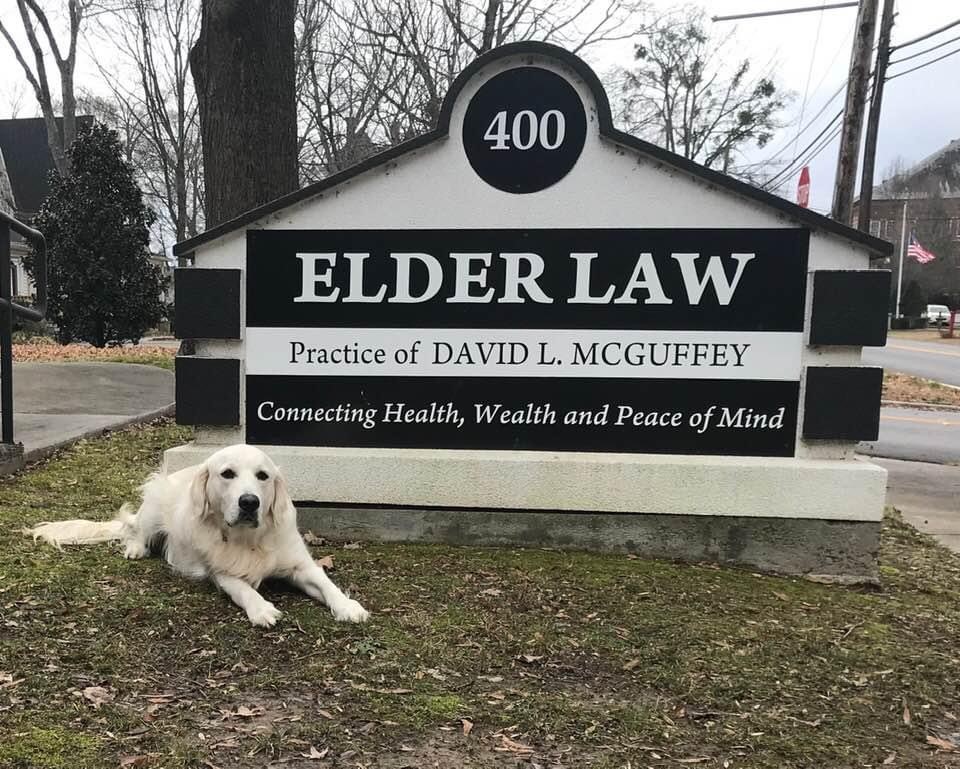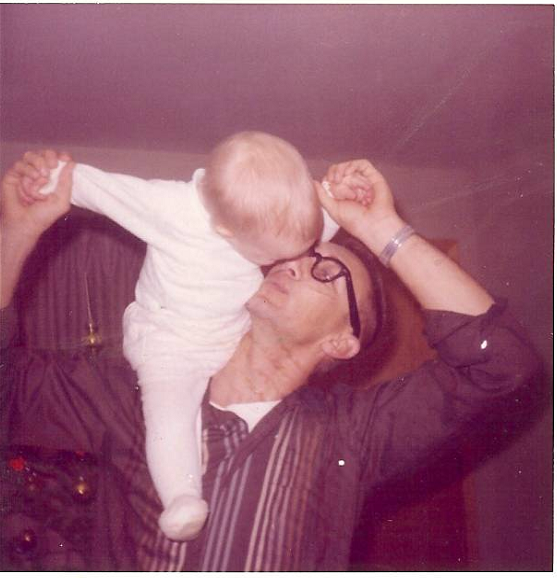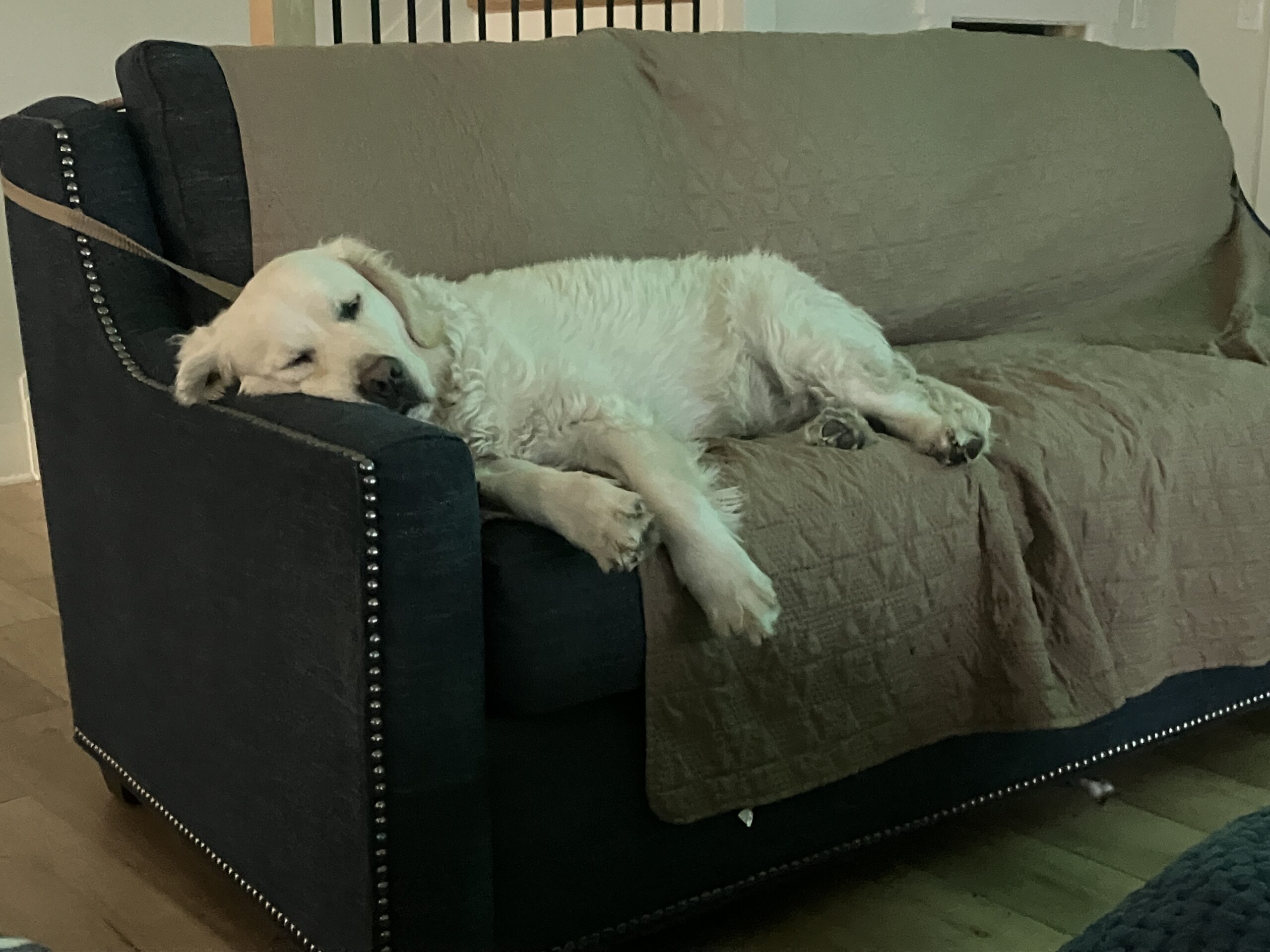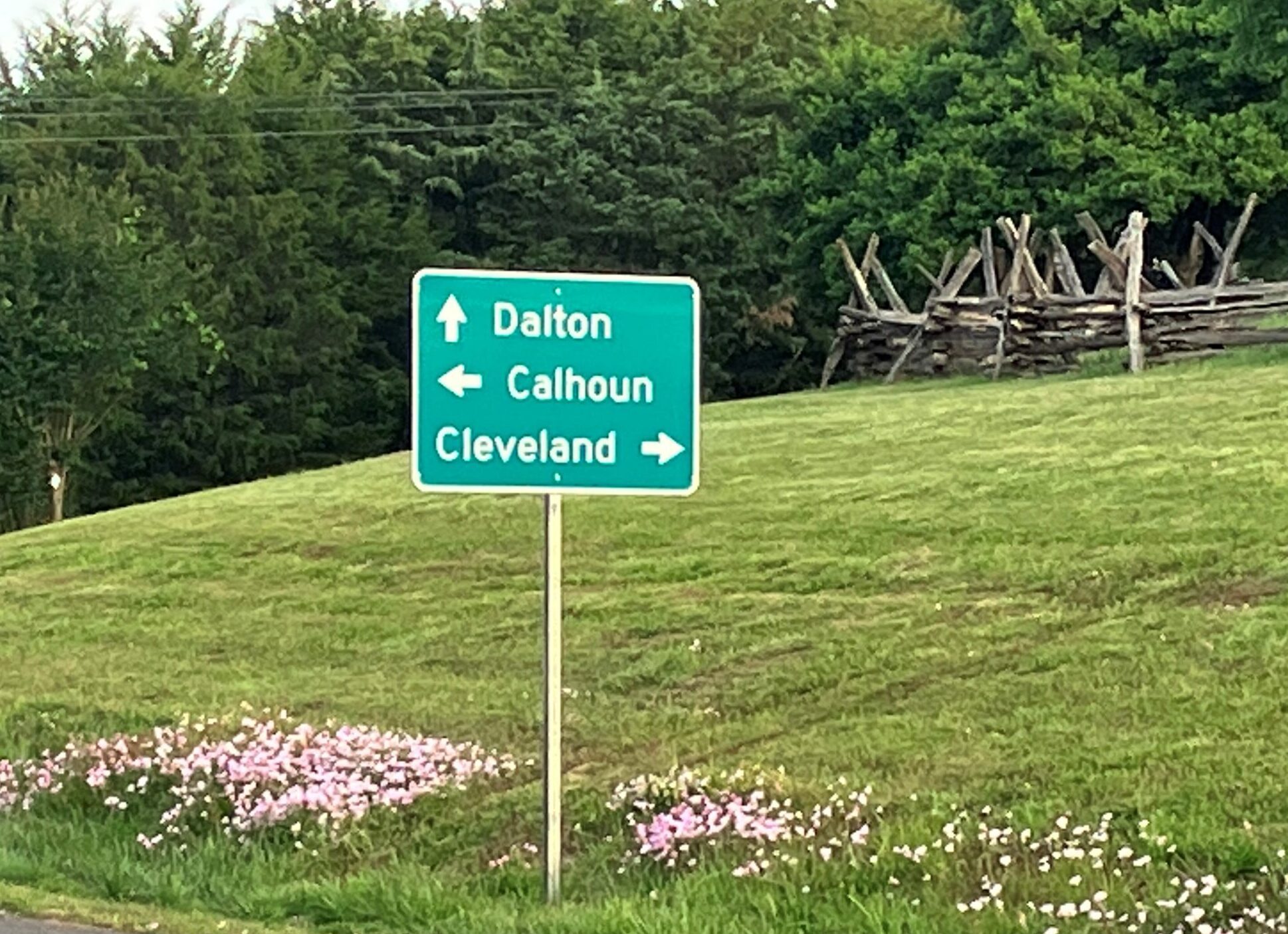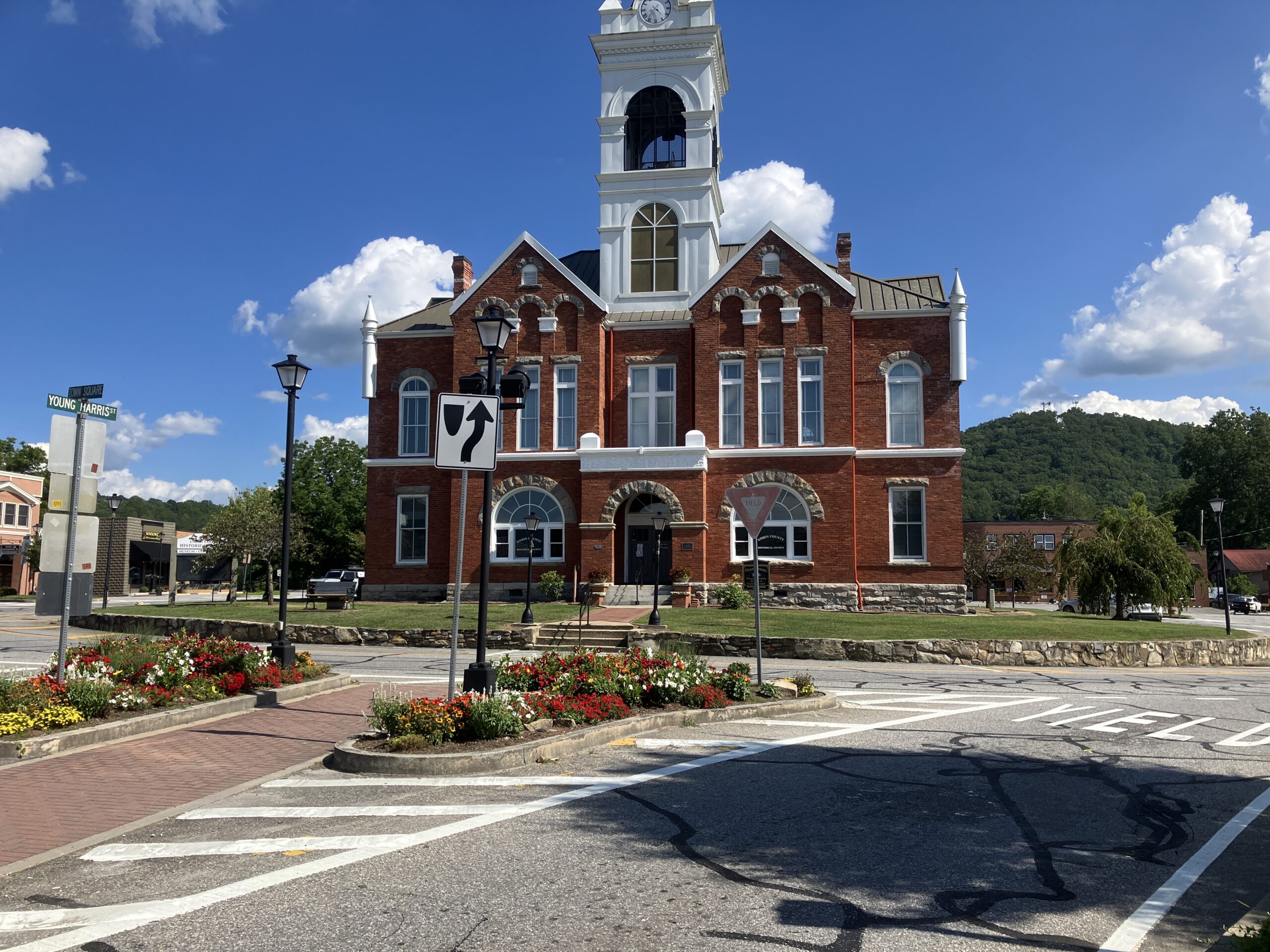Most injury and accident litigation falls under a broad legal theory called “”Tort Law.” A tort is a civil wrong that causes someone to suffer a loss (damages) that must be paid by the person who committed the civil wrong (a Tortfeasor).
A Tort usually has four elements. They are:
- Duty
- Breach of the duty
- Causation
- Damages
A duty is a legal rule or standard of conduct. Breach is failing to abide by that rule. Duties may exist in the law. For example, drivers have a duty to stop at stop signs and red traffic lights. If a driver “blows” through the intersection and injures someone, it is likely the driver breached a duty. Duties may also exist by virtue of professional standards, or other standards of conduct. If a doctor agrees to perform surgery to remove a patient’s right leg, but the doctor then removes the left leg by mistake, it is likely the doctor breached a standard of practice.
Causation is the link that connects a breach of duty to damages. Without causation, you don’t have a case. Sometimes lawyers use a simplistic way of evaluating causation by applying a “but for” analysis. “But for” the driver’s conduct in blowing through the intersection, the collision victim would not have been harmed. Sometimes causation is more difficult to establish. For example, let’s say a nursing home resident develops a pressure sore on his heel (also called a pressure ulcer or a decubitus ulcer). Although federal nursing home quality of care standards provide that a nursing home resident should not develop pressure ulcers, and that the nursing home must provide all necessary goods and services to prevent the development of a pressure ulcer, causation may be unclear if the nursing home resident has diabetes, especially when the resident has peripheral vascular disease. In cases where causation is less than clear, lawyers use expert witnesses to navigate through the weeds.
Damages are losses. Sometimes damages are current and future lost wages. Sometimes damages are medical expenses (although with elders, Medicare subrogation is frequently an issue). Sometimes damages are pain and suffering. Sometimes lost opportunities are damages. For example, injury to an elder may result in permanent loss of mobility, or permanent loss of independence. Juries may only award compensation for damages, so it is important to gather your evidence regarding all losses.
The Elder Law Practice of David L. McGuffey handles significant injury cases for elders and individuals with special needs. We also consult with other lawyers on how to structure damage payments, for example by placing damage awards in a special needs trust or otherwise dealing with public benefits eligibility. If you have a question about an injury case or about how to structure a settlement or damages award, call 706-428-0888 to speak with Mr. McGuffey about your case.


